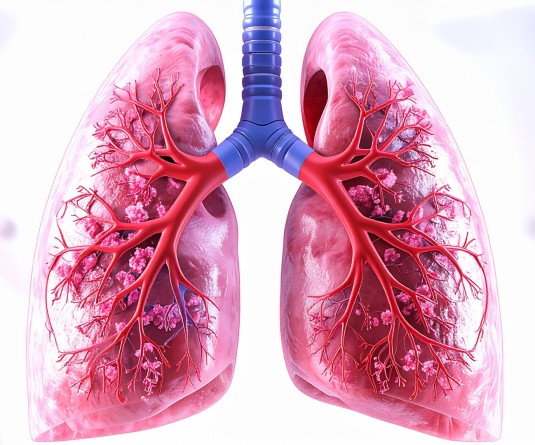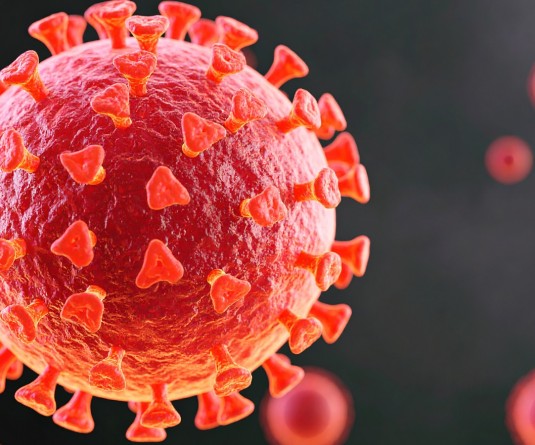Representational Images

March 8 (PTI): The heart is one of the most important organs of the body, as it primarily pumps blood, distributing oxygen and nutrients, throughout the body. Normally, a well-functioning adult heart could go on for three cardiac cycles or 72 beats per minute this rate changes for children whose heart rates are normally and relatively faster. However, minor dysfunctions or abnormalities in the heart may affect our normal functions.
When these dysfunctions or abnormalities occur, our heart functions at a lesser capacity and is not able to pump oxygenated blood to the whole body. This condition is known as heart failure'. It means that the heart is gradually failing to perform its functions. There is a lot of ambiguity when it comes to understanding heart failure. It is often confused with heart attack, where heart arteries get blocked, and blood is not able to pass freely. Unfortunately, not many in India are aware of this progressive disease and ignore the symptoms as signs of old age or other diseases. This delays the diagnosis and treatment.
Heart failure can be life-threatening, if not caught and treated in time. It is estimated that there are 8-10 million heart failure patients in the country and about 23% of them die within the year of diagnosis. With a mortality rate of more than 20%, it is high time people are made aware of this dangerous yet manageable condition. With that aim in mind, The Times of India kicked off an initiative - Beat Heart Failure in partnership with Novartis. There were multiple panel discussions held with leading doctors from some of India's best hospitals to empower people with the right knowledge and expert inputs on heart failure' to effectively manage it.
Heart failure begins with symptoms like breathlessness while walking or climbing stairs, swelling of the legs, lack of effort tolerance, fluid build-up, and a general difficulty in performing routine tasks. Caused by the gradual weakening of the heart muscles, it leads to the heart pumping less and less blood. Some other common symptoms include fatigue, weight gain, urge to urinate at night, dizziness, confusion, fainting, rapid or irregular heartbeats (palpitations), etc. However, most people seek medical attention only when they find themselves unable to perform their daily tasks.
But it is not the end of the world if one has been diagnosed with heart failure. Revolutionary medicines have proven their efficacy not only in treating heart failure but also improving quality of life significantly and increase the lifespan by more than a decade. However, many patients discontinue medication when they feel slightly better or do not see any further symptoms, leading to re-hospitalization. Patients need to understand that as heart failure is not a fully curable condition, they must not stop taking the medicines without consulting their cardiologist.
Patients with comorbidities like hypertension and diabetes are more prone to heart failure, with or without visible signs and symptoms. It is important to keep them under control with right medications, by restricting salt & fluid intake, by avoiding processed food, and monitoring them regularly, so that progressiveness of heart failure disease can be managed.
When patient visit the doctor post advancement of the disease and medicines are unable to perform their tasks, doctors suggest the cardiac resynchronization therapy (CRT) which basically is the insertion of a pacemaker or the insertion of implantable cardioverter-defibrillator (ICD), or ventricular assist devices, basis the condition of the patient.
There are more surgical procedures which can be performed to better the condition like heart valve surgery, angioplasty or bypass or heart transplant. Kudos to the advancement in health care sector, these procedures are safe and help induce longevity.
Doctors call heart failure the pandemic' due to poor lifestyle choices. Heart failure can happen to any age group, from child to an elder. Hence, it is very important to be cautious about early signs of heart failure, go for regular check-up, modify lifestyle choices and adhere to the medications prescribed by the doctor. Early detection is the key to live happy and healthy life.
Heart failure is a serious condition but can be successfully managed with the help of medication, lifestyle modifications, as well as keeping up with one's symptoms.
Remember, heart failure isn't about stopping. It's about starting life in a new way. To learn more on how to manage heart failure, visit https://www.toibeatheartfailure.com/patientguide.php
Disclaimer: The purpose of this article is not to promote any medical procedures or medication and/or recommend a certain doctor. For any specific health issues, please consult your registered medical practitioner. Visitor should exercise caution and rational thinking when reading and implementing the above content. The above content does not claim to cure, prevent, or diagnose any diseases or health conditions. BCCL, its Affiliates and its group publications disclaim any liability for the accuracy or consequences flowing from adherence to above content.






